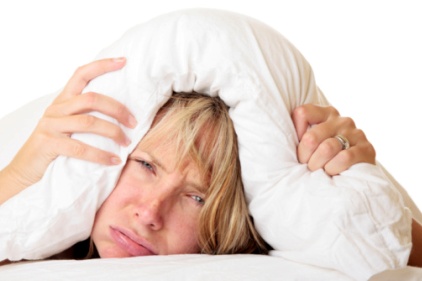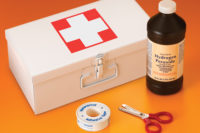Treating sleep apnea improves worker productivity
Patients who followed treatment program saw results

 Treating a common sleep disorder doesn’t just improve sleep; it also has a beneficial affect while the sleeper is awake – in the workplace.
Treating a common sleep disorder doesn’t just improve sleep; it also has a beneficial affect while the sleeper is awake – in the workplace.
In a new study, patients who underwent three months of treatment for sleep apnea, a common sleep disorder, reported significant improvements in their daytime sleepiness levels and work productivity.
Sleep apnea causes breathing to stop – sometimes hundreds of times a night. In addition to daytime sleepiness, sufferers can experience impaired alertness, vision, problems and slower reaction times.
It’s no surprise, then, that previous research has shown that people with sleep apnea are less productive at work.
The new study looked at whether using continuous positive airway pressure (CPAP) during sleep improved the participants' productivity. With CPAP, a patient wears a mask connected to a machine that sends pressurized air into the throat to keep the airway open throughout the night.
The study included 45 people, aged 40 to 56, with sleep apnea who completed questionnaires before and after three months of CPAP treatment.
The 35 patients who closely followed the treatment program had significant improvements in their daytime sleepiness levels and in their work productivity, but this was not the case for the 10 patients who did not follow the treatment program, the investigators found.
The study was presented at a meeting of the European Respiratory Society and the European Sleep Research Society in Berlin, Germany.
"Continuous positive airway pressure is the gold standard treatment for moderate-to-severe obstructive sleep apnea," study lead author Dr. Evangelia Nena said in a European Lung Foundation news release. "Previous research has shown the potential benefits of CPAP to patients' health and quality of life, and our findings add to this body of evidence, demonstrating the advantages the treatment can have on productivity at work."
Data and conclusions of research presented at meetings typically are considered preliminary until published in a peer-reviewed medical journal.
Looking for a reprint of this article?
From high-res PDFs to custom plaques, order your copy today!





